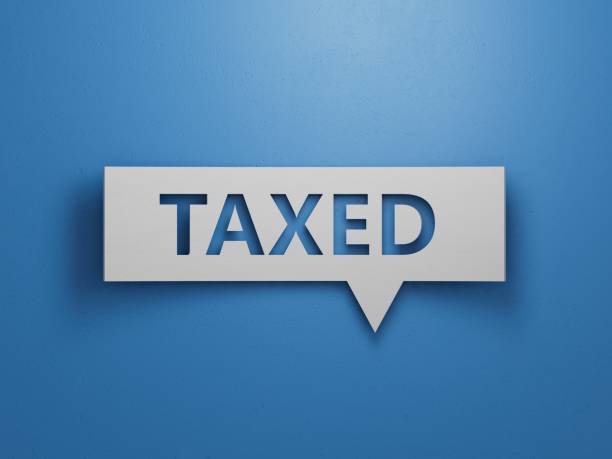Related Articles
Relevant Topics
Key Findings
1. Drug manufacturers often provide rebates to health insurance companies.
2. Rebates lower the cost of drugs but these savings are often not passed on to consumers.
3. SB 5445 would require that consumer costs reflect the true post-rebate price so they can gain the benefit of lower drug costs.
Introduction
Developing, manufacturing and distributing prescription medications that cure diseases, promote health, and reduce human suffering requires enormous investment and massive high-tech research facilities. Unlike most other consumer goods, the work of producing reliable, safe, and effective medications operates at the most advanced edge of scientific knowledge.
Since it occupies the frontiers of science, most drug research does not pay off. Only about seven percent of possible drugs survive the research phase, make it through clinical trials, and are approved for sale. Only then are they available to provide practical benefit to human health. Over 90 percent of research on new drugs fails to produce treatments and lose money.
Once these vital medications are created, however, policymakers should ensure they are easily and widely available to doctors to treat disease and then provided to consumers at the lowest market price possible.
One practice that reduces costs is that drug manufacturers negotiate with Pharmacy Benefit Managers (PBMs) to provide significant rebates to health insurance companies. The value of these rebates, however, is not generally passed on to consumers, meaning consumers do not benefit from reduced prices provided by drug manufacturers. This Legislative Memo examines one positive reform, SB 5445, which would reduce drug prices by ensuring consumers share in savings provided to health insurers through manufacturer rebates.





